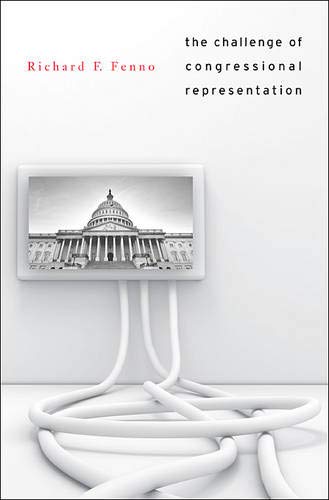

Most ebook files are in PDF format, so you can easily read them using various software such as Foxit Reader or directly on the Google Chrome browser.
Some ebook files are released by publishers in other formats such as .awz, .mobi, .epub, .fb2, etc. You may need to install specific software to read these formats on mobile/PC, such as Calibre.
Please read the tutorial at this link: https://ebookbell.com/faq
We offer FREE conversion to the popular formats you request; however, this may take some time. Therefore, right after payment, please email us, and we will try to provide the service as quickly as possible.
For some exceptional file formats or broken links (if any), please refrain from opening any disputes. Instead, email us first, and we will try to assist within a maximum of 6 hours.
EbookBell Team

5.0
90 reviewsAt a moment when Congress is widely viewed as hyper-partisan and dysfunctional, Richard Fenno provides a variegated picture of American representational politics. The Challenge of Congressional Representation offers an up-close-and-personal look at the complex relationship between members of Congress and their constituents back home.
When not crafting policy in Washington, the 435 members of the U.S. House of Representatives are busy assessing and building voter support in their districts. Fenno delves into the activities of five members of the House—Republicans representing Pennsylvania and New York, and Democrats from California, Florida, and Illinois. Spanning the ideological spectrum, these former and current representatives are senior lawmakers and rookie back-benchers from both urban and rural areas. Fenno travels with them in their own political territories, watching and talking with them, conducting interviews, and meeting aides and constituents. He illuminates the all-consuming nature of representational work—the complicated lives of House members shuttling back and forth between home and Capitol, building and maintaining networks, and making compromises. Agreeing to talk on the record without protective anonymity, these elected House members emerge as real personalities, at once praiseworthy and fallible.
While voting patterns and policy analysis constitute an important window into the legislative process, the nonquantifiable human element that political scientists so frequently overlook is the essence of negotiation. Fenno focuses our attention on how congressional leaders negotiate with constituents as well as with colleagues.